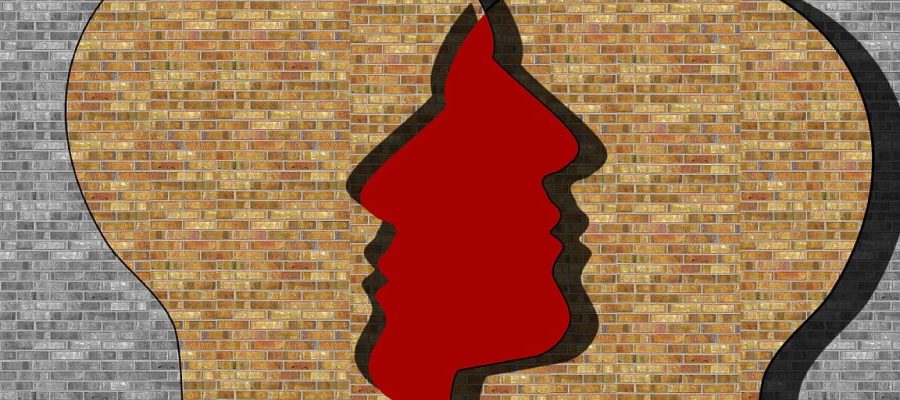Cognitive Behavioural Therapy for Adults

What is Cognitive Behavioural Therapy (CBT)?
Cognitive Behavioural Therapy (CBT) is a short-term, focused, goal-oriented therapy. Through scientific research, CBT has been shown to be highly effective for the treatment of many mental health problems. These include depression, anxiety, anger, interpersonal issues, and couples conflicts. Moreover, there are also specific CBT treatments for trauma (TF-CBT) and medical conditions such as chronic pain and insomnia (I-CBT).
In CBT, the therapist acts as a coach, teaching helpful strategies that the client can practice between sessions. As a result, clients learn how to overcome their difficulties by changing some of their perspectives, behaviours, and emotional responses. Cognitive Behavioural Therapy is a collaborative approach and is compatible with the use of prescribed medication.
Key Features of Cognitive Behavioural Therapy
- Practical
- Short term (between 6 and 20 sessions)
- Goal-oriented
- Structured
- Educational
- Uses a collaborative approach
- Clients are active participants
Our thoughts, emotions, and behaviors are interconnected. Therefore, clients are taught specific techniques and exercises to create changes in mood and actions.
To that end, the treatment takes place within a nonjudgmental and safe therapeutic environment and is oriented to resolve present problems and accomplish personal goals. In fact, clients are expected to be active participants and practice the skills they learn between sessions.
One of the Best Kinds of Therapy
Cognitive Behavioural Therapy is the gold standard therapeutic treatment for most mental health disorders, including generalized anxiety disorder, OCD, and depression. To that end, CBT is effective, short-term (between 8 and 16 sessions), and goal-oriented. During treatment, clients learn strategies to change the perspectives that make them feel sad, angry, or anxious. In fact, they also learn to look at the whole picture in a more realistic way.
The client and therapist become a team that works together to discover the ways of thinking that keep the client stuck in negative cycles. Consequently, once they identify this, they start using strategies to shift these thinking patterns into more positive and productive ones.
Client-Centered Goal Planning
In Cognitive Behavioural Therapy, we ask the client to decide what goals he/she would like to achieve by the end of treatment so we can measure their results. Additionally, people feel excited to see that they are working towards their goals and it motivates them to practice what they learn between sessions. For instance, a CBT session usually consists of a psycho-educational aspect. Afterward, it is followed by a component where the client uses what they are learning and applies these strategies to their personal situation, during which they frequently have insights about unwanted patterns. Finally, there is a summary of the session, and homework is agreed between the therapist and client to practice what has been learned.
Cognitive Behavioural Therapy: The Treatment
To list, During the CBT treatment, clients work closely with their therapist to learn specific skills and techniques to:
- Increase their understanding of emotional and mental experiences
- Identify patterns of problematic behaviour
- Bring a sense of control in challenging situations
- Achieve a sense of competence and self-confidence
- Work on future difficulties to limit the potential for relapse after treatment
CBT is a very active treatment with different approaches (protocols) for different problems. Usually, the first step in the CBT treatment would be to help the individual start doing something that he or she enjoys at his or her own pace. Step by step, he or she will work towards becoming more active and engaged with life. Consequently, the client will feel better with themselves, others, and the world too.
If a person is seeking help for anxiety, we will teach them techniques to challenge their unrelenting worries, exercises to relax, and we will engage in experiments. Additionally, the therapist is an ally in the process and takes the hand of the client so it does not feel so hard to try these techniques and strategies. We all need help to learn new things, but after we learn, they feel easier to do.
Why CBT?
Research shows that Cognitive Behavioural Therapy is the most successful way to change dysfunctional patterns and introduce new habits. Furthermore, learning, practicing, and receiving rewards for new behaviours will help us change towards the direction that will allow us to feel more content with ourselves. However, when we start doing things differently, the people around us will notice and benefit from it as much as ourselves. For example, people with depression can start taking action. Also, people with anxiety disorders can apply the strategies to relax and talk themselves out of their preoccupations. Finally, people with chronic anger can start to respond in a more gentle way. With good work comes progress.
CBT treatment sessions run approximately 50 minutes in length. They are typically weekly at the beginning and continue every 2 weeks after. Usually, a course of treatment lasts from 8 to 16 sessions. However, the ultimate goal is to teach clients to be their own therapists.
By the end of therapy, they will be equipped with the tools to help themselves and possibly prevent relapse. So, if you are struggling with a behavior that you or the people around you do not like, give CBT a chance! You do not have much to lose and you have a lot to win. In fact, just in a few sessions, you will learn a lot and start applying what you learn right away in your life. How would your life be if you could act in a way that made you feel satisfied, made others feel good, and gives you a sense of inner peace? This is what Cognitive Behavioural Therapy can help you achieve.
Here is an example of the power of CBT Therapy:
Before CBT:
Situation: My child is misbehaving. I yell at them.
Thoughts: I am a bad mother.
Emotions: Feeling sad and guilty
Physical Feelings: Chest pain, tired
After CBT:
Situation: My child is misbehaving. I talk to them calmly.
Thoughts: I am a good enough mother.
Emotions: Feeling okay
Physical Feelings: Energized and relaxed
However, for anxiety disorders and mild to moderate depression, CBT is as effective or more effective than medication. Furthermore, CBT is more effective than medication in providing long-term strategies. Furthermore, these strategies can help you in getting well, staying well, and preventing relapse.
Learn more about CBT techniques & Why CBT is so effective in helping you on your therapeutic journey.
Get in Touch
If you are interested in CBT therapy and would like to see a CBT psychotherapist or psychologist in Vaughan, Thornhill, Markham, or the GTA, please call or text 905-597-4404 or fill out the form below and you will be contacted within 24 business hours. Teletherapy is available for sessions over the phone or a video call.
CBT Psychology For Personal Development is located at 7626 Yonge St, Thornhill, ON L4J 1V9.
Our psychologists and psychotherapists offer therapy in Vaughan, Markham, Richmond Hill, York Region.
We offer counselling across Ontario through teletherapy (online counselling using secure video platforms).



















